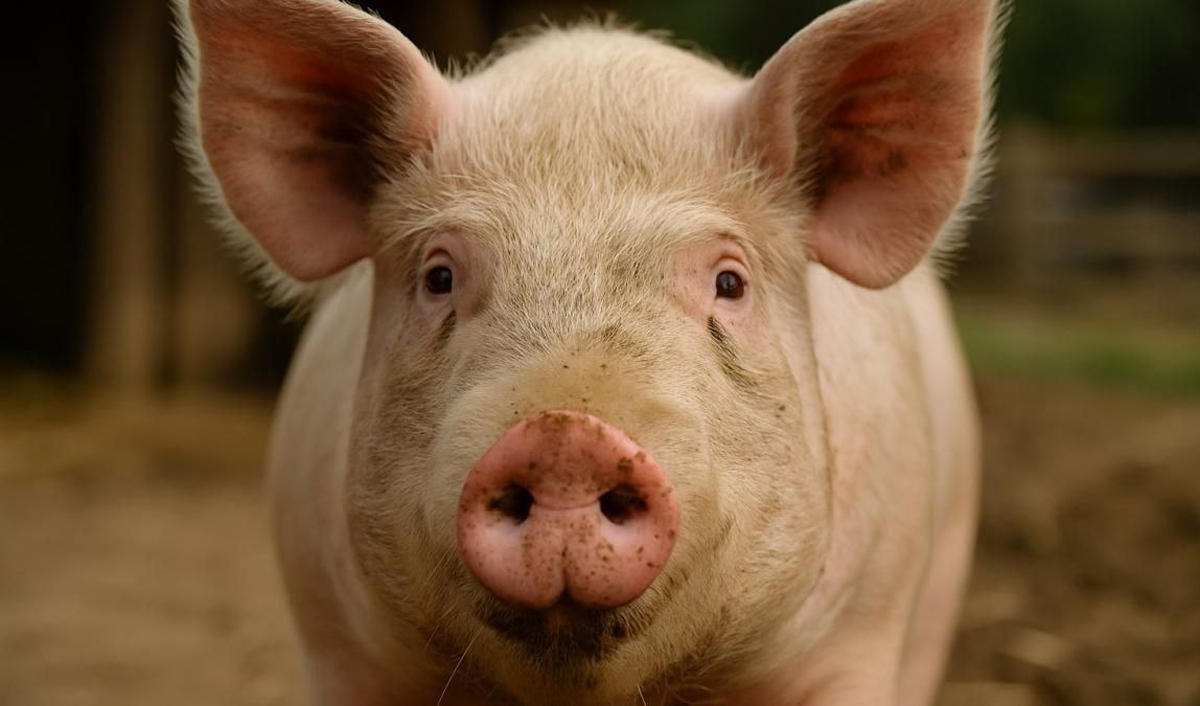
Recall that the Track and Trace Law was adopted by Parliament back in March 2023, and gave the government 12 months to develop the Technical Regulations. That is, this document should have appeared in March 2024, after which the law provided 24 months for its implementation. But the Cabinet of Ministers failed to meet the deadline, and the process was adjusted to the “accelerated version”.
It should be noted that the implementation of Track and Trace is an expensive investment. We are talking about hundreds of thousands of euros, and at the expense of business. The process involves the purchase and use of special equipment, as well as identification marks that will be applied to all packages, all cartridges and any external packaging of tobacco products, cardboard boxes and pallets. These markings are stored in a database, scanned throughout the supply chain and contain all product information (date, place of manufacture, equipment used, destination, detailed product description, intended retail market).
The Customs Service is authorized to manage the system, and the Center for Information Technology in Finance (CTIF) will generate and issue the labels. The Ministry of Finance is responsible for data storage.
This whole complex process will come into effect in March 2026. In other words, in essence, importers and manufacturers have been given one year to implement the Technical Regulations.
Dumitru Molceanu, manager of the external relations department of Philip Morris Moldova, told Logos Press that such a short timeframe creates additional risks.
“We believe that the implementation of the tobacco traceability system is an important step in harmonizing the national legislation with the EU standards, as well as in the fight against smuggling and illegal trade. Given that Philip Morris International has launched local production of its brands at the Tutun-CTC factory, preparations for the implementation of Track and Trace started already in 2024, with the training of the Chisinau factory staff and the process of purchasing specialized equipment.
The adoption of the Regulation will certainly accelerate the establishment of the Track and Trace system, but the short timeframe for its entry into force poses a risk to its proper implementation. Given that the Regulation was approved with a one-year delay, it is crucial that the authorities extend the implementation deadline and give the industry 24 months to pilot and integrate the system – as approved by lawmakers and as has already happened in EU countries.”













